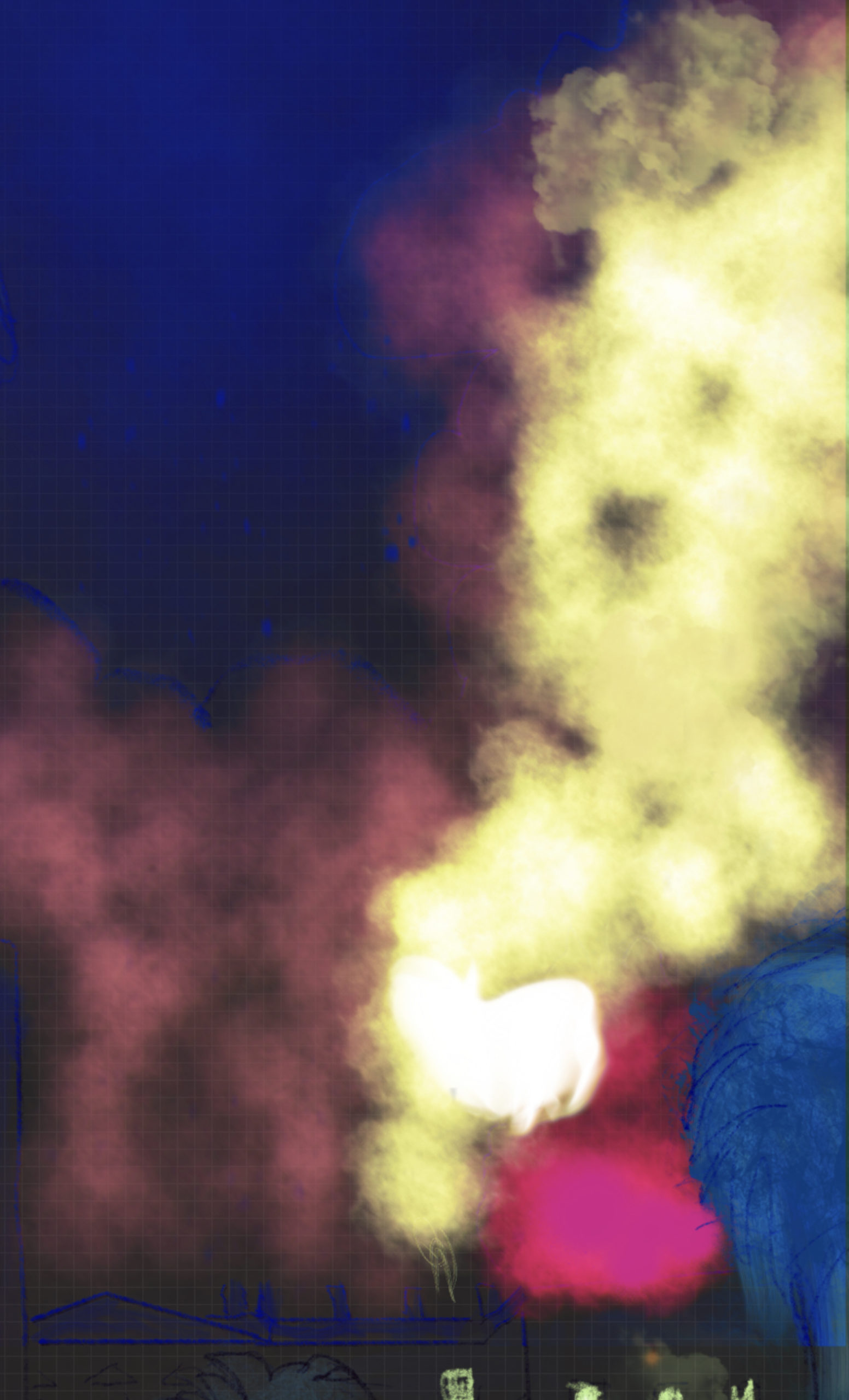
With the COVID-19 pandemic rampant, it’s easy to forget that other world events are still taking place, and with good reason. No other events now matter as much. Even so, after 33 of its soldiers were killed by the Syrian military (or perhaps by a Russian airstrike) last month, the Turkish government launched a devastating counterstrike against the Syrian military on February 27, 2020. The use of drones and other technology simply overwhelmed the Syrian armed forces, and let to the destruction of even the most sophisticated Russian equipment, such as the Pantsir anti-air systems. As usual, the Oryx blog has the best information. The list of destroyed military equipment on this website is striking. For example, the Syrians likely lost 32 tanks, which they could ill afford, and eight aircraft (mostly helicopters).
While this military conflict has raged a further wave of Syrian refugees has washed both into refugee camps in northern Syria, and into Turkey itself. These people, caught in tents during winter, are extremely vulnerable to the coming epidemic. At the same time, both Syria and Turkey have wasted precious time, attention and resources on this conflict. In the end, the losses both sides will experience during COVID-19 are so large that they will swamp any lives lost in this recent engagement. As I write these words on March 25, 2020, Iran has 20,017 reported cases of COVID-19. Turkey has 1,874. The John Hopkins COVID-19 map doesn’t show any cases for Syria, which probably represents the near collapse of the health care system in many areas, and the lack of centralized testing. There is little time left -which is precious- and so much work to do. The wave is within sight; the ships are not battened down; and the crews are engaged in open combat. If there was ever an example of how traditional security concerns may fail to meet human security needs, it would be this moment.

